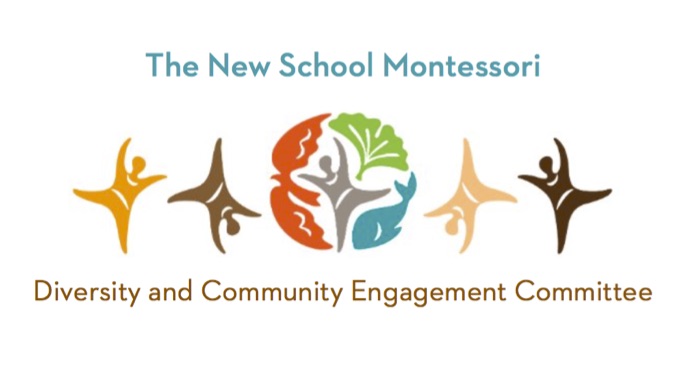This essay is written by Hope Miller, TNSM parent and member of the Diversity + Community Engagement Committee
Sunday morning, January 16, I mindlessly scrolled through Facebook and saw an article my friend Brian had posted. The article was from The Jerusalem Post, and it was about a hostage situation at a Texas synagogue.
What?! I hadn’t heard anything about this—no dinging news alert on my phone, no other Facebook posts about it. Can this be real? Well, yes, it is real. A major Israeli newspaper wouldn’t run a fake story, and my friend wouldn’t post one. I clicked on the link and read for myself. I felt horrified, sickened, scared. Disappointed, even. Why are we still doing these things to each other? And then I felt the shame that comes from turning away because I didn’t know what to do.
Since Sunday, my friend Brian has posted several other articles and interviews about the Jewish folks held hostage at their own synagogue. I’ve wanted to say something, but I didn’t know what to say. And of course, silence is worse than stumbling over my words.
Social scientist Dolly Chugh* shares these tips for offering “meaningful support”:
- “It’s okay to be tongue-tied.” Assuming we don’t say something massively offensive, it’s okay if our words don’t come out as beautifully polished prose.
- “It is not about you.” We don’t need to show them our buckets of tears to prove how deeply we hurt for them; instead, we need to acknowledge that we know how deeply they are hurting.
- “Let go of your need for affirmation.” We offer support because it’s the right thing to do for our friends; we don’t offer support so that we get a thank you or have our “wokeness” acknowledged.
- “Do not dodge.” Sometimes, our friends may need to sit with the horror and ugliness of human behavior; this is not the time to remind them there are still good people in the world. (In other words, keep that VHS of “Schindler’s List” in its box in the basement.)
- “[I]f it’s relevant…offer specific help rather than say a more vague, ‘Let me know if there is anything I can do.’” Suggest a specific action. Can you bring them a meal? Arrange a meeting? Make a phone call or donation? Is there reading you can do on the issue and persuade your network to read, too?
With this guidance, I finally reached out to Brian. I encourage those of us who are not Jewish to check on our Jewish friends and offer them our support.
*These suggestions come from Dr. Chugh’s book, The Person You Mean to Be: How Good People Fight Bias.
For more on the hostage situation at the Texas synagogue, see CNN’s overview.
Here’s where you can donate to the Anti-Defamation League.
Does your family observe a tradition or cultural holiday that you’d like to share with the TNSM community? Do you have a passion for or expertise in a certain area of DEI? The D&CE committee is always looking for books, resources, and classroom speakers to help deepen the cultural competency of our school community. Please reach out to us at diversity@.

